EU iPhone owners now get shown a list of browsers instead of solely launching Safari, but some of the firms behind those other browsers think it's terrible how users are being told about them.
You always could install alternative browsers on the iPhone, you weren't required to stay with Safari. You just had to know that the alternatives existed and, perhaps more seriously, all the alternatives still had to depend on the same Apple WebKit that Safari does.
Now that the European Union has mandated that Apple support other browsers, a potentially good outcome is that the makers of Chrome and Firefox could abandon WebKit and use their own browsing engine.
They've made some noise that they might.
The developers behind both Chrome and Firefox have repeatedly complained that they consider WebKit a straightjacket. Since the EU rules, there have even been hints that accept engineering two versions of their apps, one for within the EU and one for the rest of the world.
It would take the resources of such large developers to make that possible, even if it could ever be called practical. And in the end, it's deeply unlikely that the average iPhone user would be able to tell alternative browser engine apart.
The only visible difference any EU user is going to see is that Apple is promote other browers. Now when you first go into Safari after updating to iOS 17.4 in any of the EU's 27 member states, you get shown a list of alternatives to Apple's browser.
"It starts from you clicking Safari," Jon von Tetzchner, CEO and cofounder of Vivaldi, told Wired. "Which, I think all of us agree, that's the wrong spot."
Tetzchner says the user should be made to make the choice when setting up their phone, just as happens with Google and Android. That ignores, though, that the gigantic majority of people upgrading to iOS 17.4 will be coming from iOS 17.3 and would clearly relish the idea of schlepping through a whole setup procedure again.
Also, a vaunted benefit of Android is that you have choice, but it's not as if the iPhone denies you that. Instead, the iPhone gives you something to be going on with until you want an alternative, where Android expects you to know the difference between browsers, and to have opinions about it.
Then as Wired points out, Google's method hasn't always been that preferable to anyone. In 2019, it did a similar thing in adding a selection of default search engines, but rivals initially got listed only by paying to be there.
By comparison, Apple waits until you want to use a web browser, and then when you tap Safari like you've been doing since the Middle Ages, it offers you a list of alternatives. No one has paid to be on that list.
Instead, Apple lists the top-used browsers — and specifically the top-used browsers in whichever EU country you are in. There are at present a total of 15 possible browsers, though not all are available in all countries.
At launch of iOS 17.4, for instance, Tetzchner's Vivalidi browser has earned a spot in 13 out of the EU's 27 states.
So the list includes browsers based on popularity in a given territory, but then it also randomizes the list. In theory, then, any browser available to any EU user has the same chance of being selected over Safari.
Not all developers are unhappy
"We believe that Apple's approach to presenting the browser choice screen is fair and acceptable," says Andrew Moroz Frost, whose Aloha Browser is available in 26 out of the 27 countries. Frost particularly lauds how Apple lists the browsers in random order.
Apple also doesn't present the list and "accidentally" have Safari already selected. The user has to make a positive choice for what they want, even if that is to stay with Safari.
There is an issue that the average user has no reason to know the difference between the browsers, since their interest is in the sites they visit rather than the app they use to get there.
What that also means is that this list popping up when you just want to launch Safari could be as much of an irritant as it could be a benefit. The extraordinarily enormous majority of iPhone users in the EU are going to bat aside that list and just carry on using Safari as they always have.
Which is another example of how, for all that the EU says it demands choice for users' sake, the whole Digital Markets Act is more choice for choice's sake. Ultimately, the changes forced on Apple will be of more benefit to businesses than to users.
Those businesses just got a boost from Apple on every iPhone in the European Union. And yet some developers are acting like that's a bad thing.
 William Gallagher
William Gallagher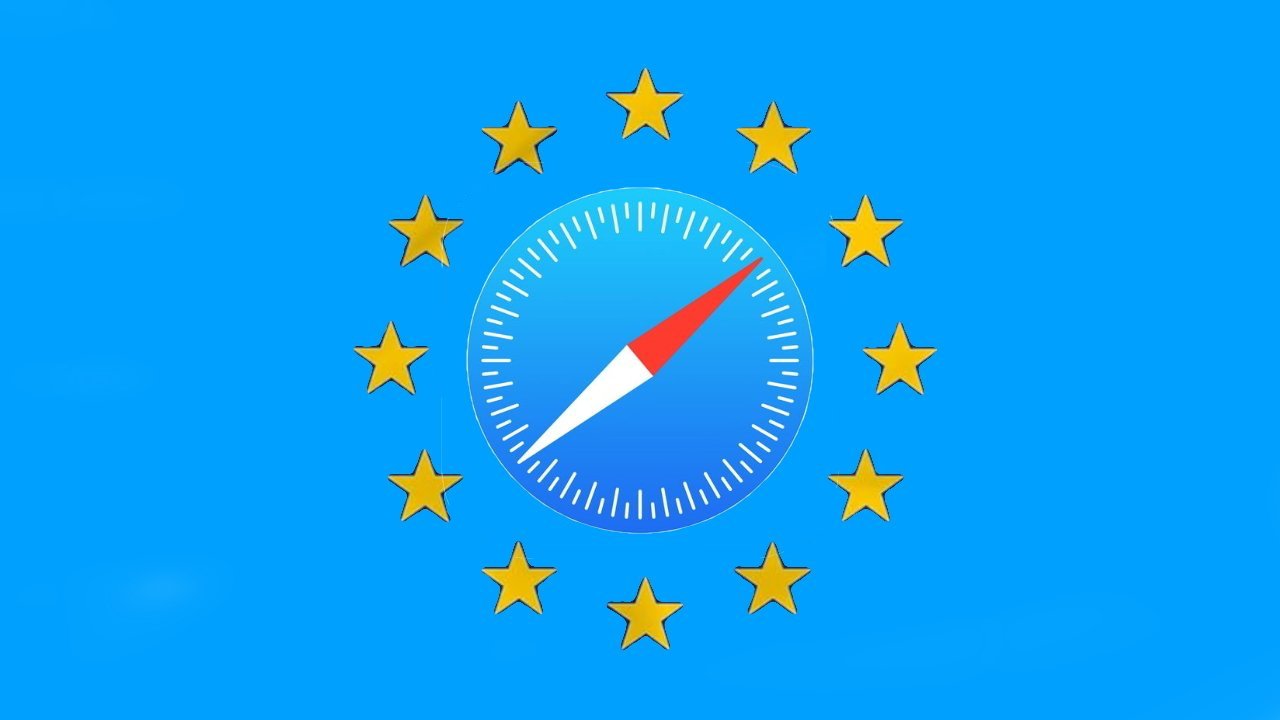

-m.jpg)






 Malcolm Owen
Malcolm Owen
 Andrew Orr
Andrew Orr
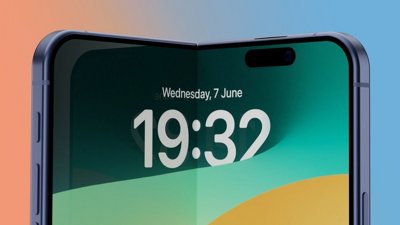


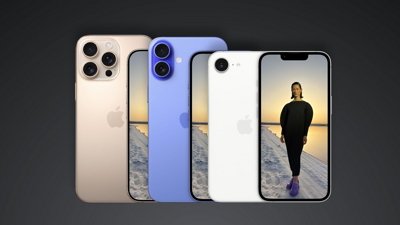

 William Gallagher and Mike Wuerthele
William Gallagher and Mike Wuerthele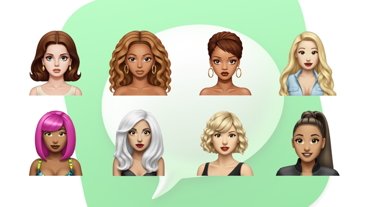
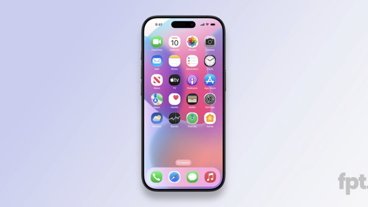

-m.jpg)






21 Comments
The EU is terrible.
They regulate everything out to oblivion.
Really bad =/
The idea that some want people to go through a new set-up process in their old phone for the sake of browser choice is having the cure be worse than the disease. The Apple approach of having a Safari start-up be the trigger for this seems better for the user.